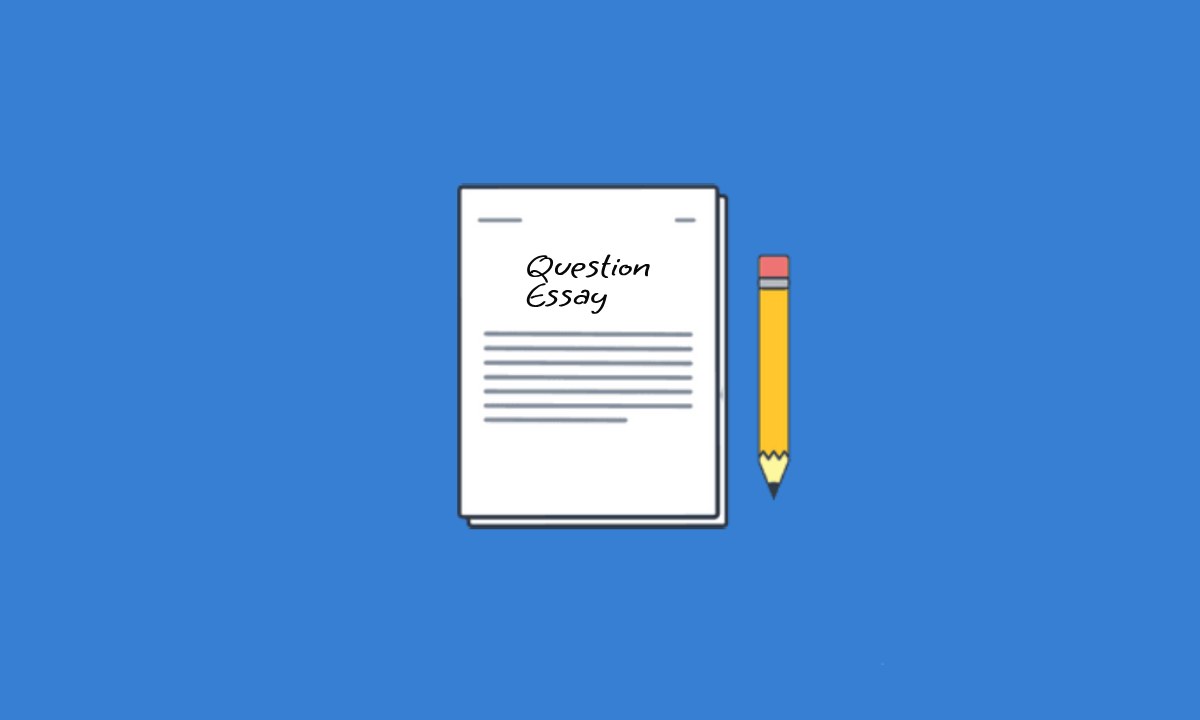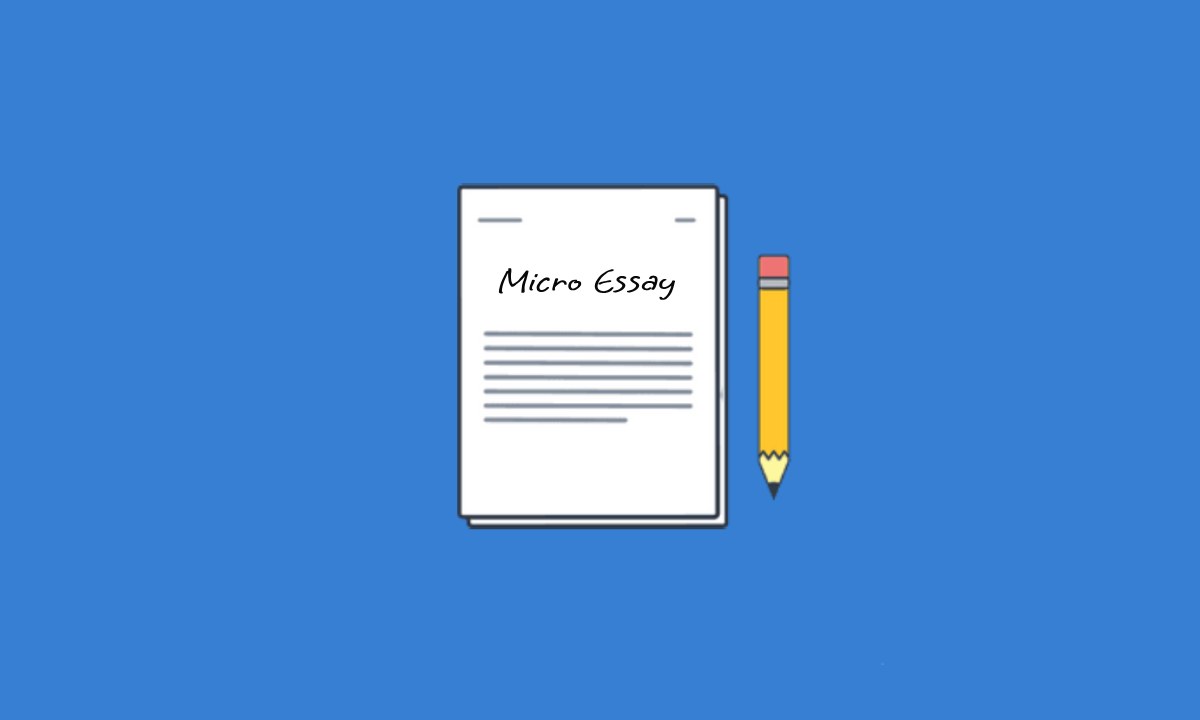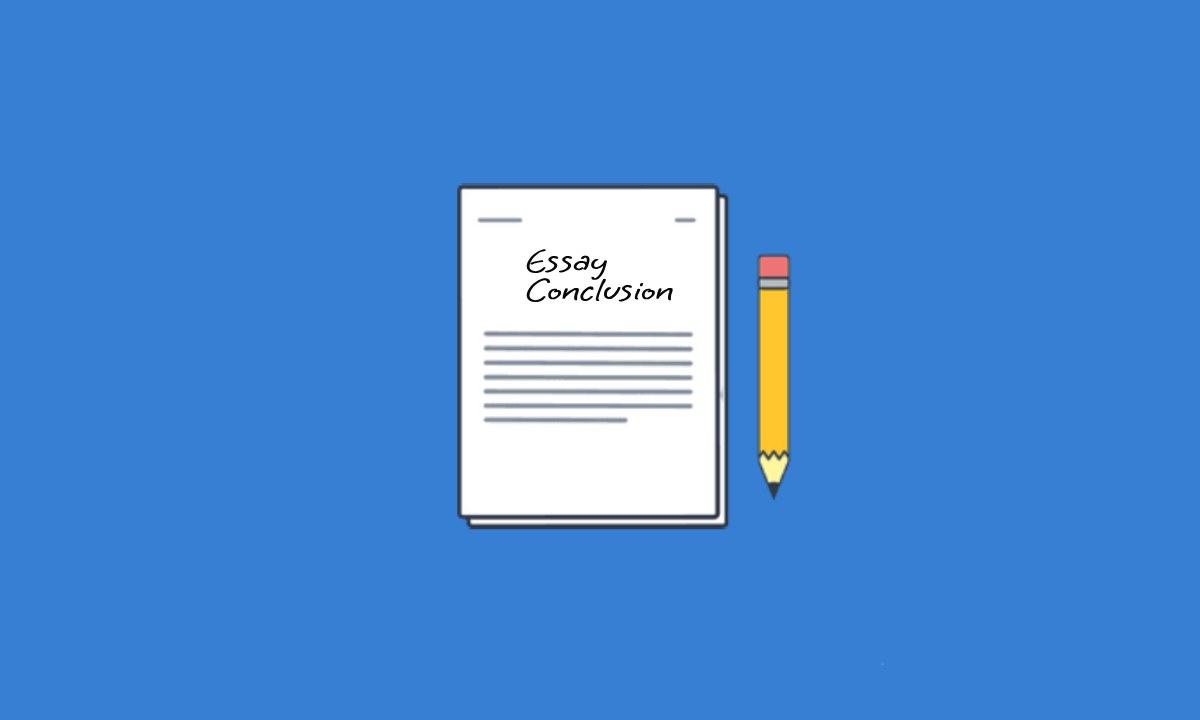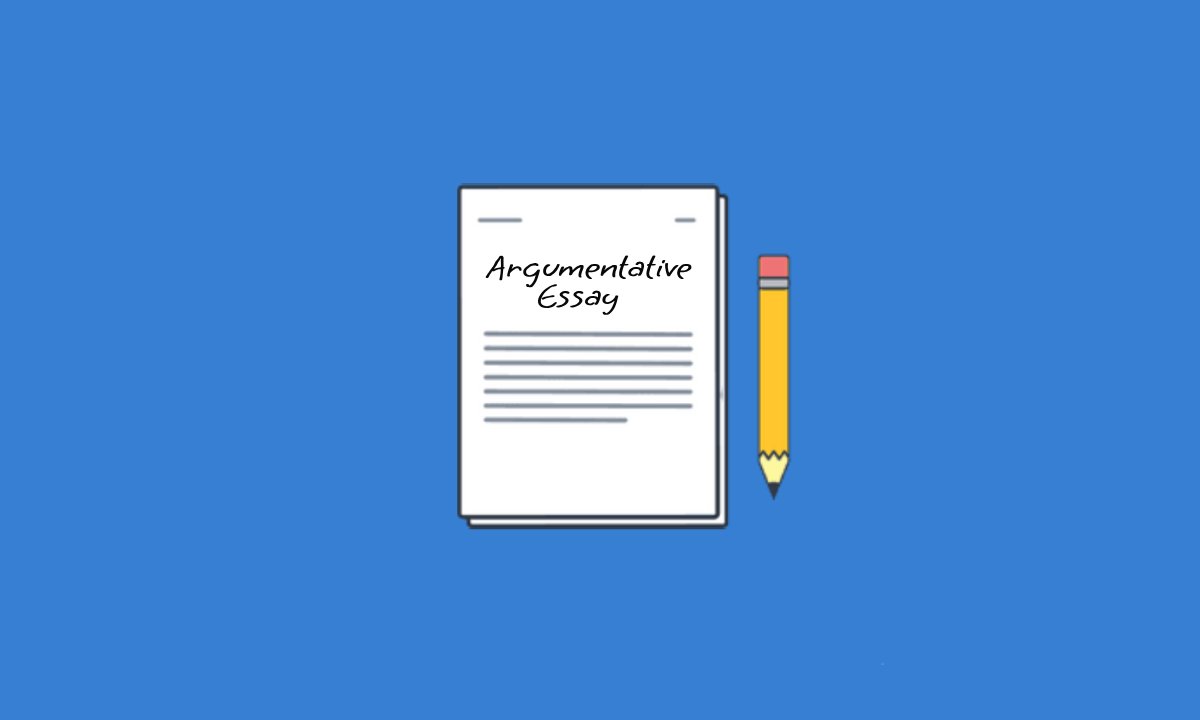What is a Question Essay?
A question essay is a type of academic or analytical writing that explores a specific question or set of questions in depth. The essay then delves into exploring these questions from various angles, often incorporating research, evidence, and critical analysis to develop nuanced insights and perspectives. Unlike traditional essays that may have a thesis statement and argumentative structure, a question essay focuses primarily on posing thought-provoking questions and providing thoughtful analysis and discussion around those questions. The goal of a question essay is not necessarily to arrive at a definitive answer but rather to engage readers in thoughtful reflection and inquiry into complex topics or issues.
Question Essay Format:
Below is a standard format for writing a question essay:
Introduction:
- Begin with an attention-grabbing opening that introduces the central question or questions you’ll be exploring.
- Provide context or background information to help readers understand the significance of the questions.
- Clearly state the purpose of the essay and outline the main points or themes you’ll be discussing.
Body Paragraphs:
- Each body paragraph should focus on addressing a specific aspect or angle of the central question(s).
- Start each paragraph with a topic sentence that clearly states the main point or argument you’ll be making.
- Provide evidence, examples, or data to support your analysis and arguments.
- Use logical reasoning and critical analysis to explore the implications and complexities of the questions.
- Consider addressing counterarguments or alternative perspectives to demonstrate a comprehensive understanding of the topic.
Conclusion:
- Summarize the key insights or findings that have emerged from your exploration of the central questions.
- Reflect on the significance of these insights and their implications for further inquiry or action.
- Restate the central questions in the context of the conclusions you’ve drawn.
- Offer any final thoughts or suggestions for future research or consideration.
References (if applicable):
If you’ve referenced external sources or research in your essay, include a list of references or a bibliography in the appropriate citation style (e.g., APA, MLA, Chicago).
Formatting and Style:
- Use clear and concise language that is appropriate for the intended audience and purpose of the essay.
- Structure your essay with logical transitions between paragraphs and sections to ensure coherence and flow.
- Follow any specific formatting guidelines provided by your instructor or academic institution (e.g., font size, spacing, margins).
- Proofread your essay carefully to eliminate errors in grammar, punctuation, and spelling.
- Remember that the primary focus of a question essay is to engage readers in thoughtful inquiry and analysis, so prioritize clarity, coherence, and depth of discussion throughout your writing.
How to Write Question Essay?
Writing a question essay involves several key steps to effectively explore and analyze a central question or set of questions. Here’s a step-by-step guide to help you write a question essay:
Understand the Assignment:
Review the essay prompt or assignment instructions carefully to ensure you understand the central question(s) you’re being asked to address. Clarify any uncertainties with your instructor if needed.
Choose a Focus:
If the essay prompt allows for flexibility, select a specific aspect or angle of the central question(s) that you find particularly intriguing or relevant. This will help narrow down the scope of your essay and provide clarity to your analysis.
Conduct Research:
Gather relevant sources, data, and evidence to inform your analysis and support your arguments. This may involve reading academic articles, books, or other scholarly materials, as well as incorporating empirical research findings if applicable.
Develop a Thesis Statement:
Although a question essay is centered around exploring questions rather than asserting a definitive thesis, it’s still helpful to articulate a guiding statement or hypothesis that reflects your initial insights or perspectives on the topic. This can serve as a roadmap for your essay.
Outline Your Essay:
Organize your ideas and arguments logically by creating an outline that outlines the main sections and key points you’ll address in your essay. Consider how you’ll structure your analysis to effectively explore the central question(s) and provide coherent, well-supported arguments.
Write the Introduction:
- Begin with an attention-grabbing opening that introduces the central question(s) and provides context for the topic.
- Clearly state the purpose of your essay and outline the main points or themes you’ll be discussing.
- End with a thesis statement or guiding question that previews the direction of your analysis.
Develop the Body Paragraphs:
- Each body paragraph should focus on addressing a specific aspect or angle of the central question(s).
- Start with a topic sentence that introduces the main point or argument of the paragraph.
- Provide evidence, examples, or analysis to support your assertions, drawing upon your research and critical thinking skills.
- Use logical transitions between paragraphs to ensure coherence and flow.
Write the Conclusion:
- Summarize the key insights or findings that have emerged from your exploration of the central question(s).
- Reflect on the significance of these insights and their implications for further inquiry or action.
- Restate the central question(s) in the context of the conclusions you’ve drawn.
- Offer any final thoughts or suggestions for future research or consideration.
Revise and Edit:
Review your essay carefully to refine your arguments, improve clarity, and eliminate errors in grammar, punctuation, and spelling. Consider seeking feedback from peers, tutors, or instructors to further strengthen your essay.
Format and Citations:
Ensure your essay adheres to any formatting guidelines provided by your instructor or academic institution. If you’ve referenced external sources, make sure to cite them properly using the appropriate citation style (e.g., APA, MLA, Chicago).
By following these steps, you can effectively write a question essay that engages readers in thoughtful inquiry and analysis while providing insightful perspectives on the central topic.
Question Essay Topics:
Below are some question essay topic ideas across various disciplines:
Philosophy:
- What is the nature of consciousness, and can it be fully understood through scientific inquiry?
- Are moral values absolute, or do they vary depending on cultural context?
- Can free will coexist with determinism?
Social Sciences:
- What role does socioeconomic status play in shaping educational outcomes?
- How does media representation influence societal perceptions of race and ethnicity?
- What are the implications of globalization for cultural identity?
Science and Technology:
- What are the ethical implications of advancements in artificial intelligence and machine learning?
- How does climate change affect biodiversity, and what can be done to mitigate its effects?
- Is genetic engineering morally permissible in the context of human enhancement?
Literature and the Arts:
- How do authors use symbolism to convey deeper themes in literature?
- What impact does music have on emotional well-being and cognitive development?
- How does visual art reflect and shape cultural norms and values?
History and Politics:
- To what extent did colonialism contribute to current global inequalities?
- How have revolutions throughout history influenced the trajectory of political systems?
- What factors contribute to the rise and fall of empires in world history?
Psychology and Mental Health:
- What are the underlying causes of anxiety disorders, and how can they be effectively treated?
- How does childhood trauma impact long-term mental health outcomes?
- Can mindfulness practices improve emotional regulation and resilience?
Education and Pedagogy:
- What are the most effective strategies for promoting critical thinking skills in students?
- How can technology be integrated into classrooms to enhance learning outcomes?
- What role should standardized testing play in the assessment of student achievement?
Question Essay Example:
Here’s an example of a question essay focused on the topic of artificial intelligence:
Essay Title: Exploring the Ethical Implications of Artificial Intelligence
Introduction:
Artificial intelligence (AI) has become increasingly prevalent in our society, raising complex ethical questions about its impact on humanity. This essay will explore the ethical implications of AI development, considering questions such as: How should AI be governed to ensure ethical use? What are the potential consequences of AI for employment and inequality? And, to what extent should AI systems be held accountable for their actions?
Body Paragraphs:
1. Governance and Accountability:
AI governance is a pressing concern as the technology continues to advance rapidly. One question that arises is: Who should be responsible for regulating AI development and deployment? Some argue for government oversight to ensure ethical standards are met, while others advocate for industry self-regulation. Additionally, the issue of AI accountability raises questions about legal frameworks and liability for AI-generated outcomes, especially in cases of harm or error.
2. Socioeconomic Impact:
The rise of AI has significant implications for the labor market and socioeconomic inequality. A central question is: What will be the impact of AI on employment and income distribution? While AI has the potential to increase efficiency and productivity, it also threatens to automate jobs and exacerbate inequality. Addressing these challenges requires careful consideration of policies such as universal basic income and reskilling programs to mitigate the negative effects of AI on workers.
3. Bias and Fairness:
AI systems are susceptible to biases inherent in their training data, raising questions about fairness and equity. How should we address algorithmic bias to ensure AI systems are fair and just? This question encompasses issues such as biased decision-making in hiring, lending, and criminal justice, as well as the need for diverse representation in AI development teams. Ethical AI design principles and robust testing protocols are essential to mitigate bias and promote fairness in AI applications.
Conclusion:
In conclusion, the ethical implications of artificial intelligence are multifaceted and require careful consideration from policymakers, researchers, and society at large. By exploring questions related to governance, socioeconomic impact, bias, and fairness, we can foster a more inclusive and responsible approach to AI development. Addressing these ethical challenges is essential to harnessing the potential benefits of AI while minimizing its risks to humanity.
References:
[Include any references cited in the essay according to the appropriate citation style.]
This example demonstrates how a question essay can engage with complex issues, pose thought-provoking questions, and explore multiple perspectives in depth.



